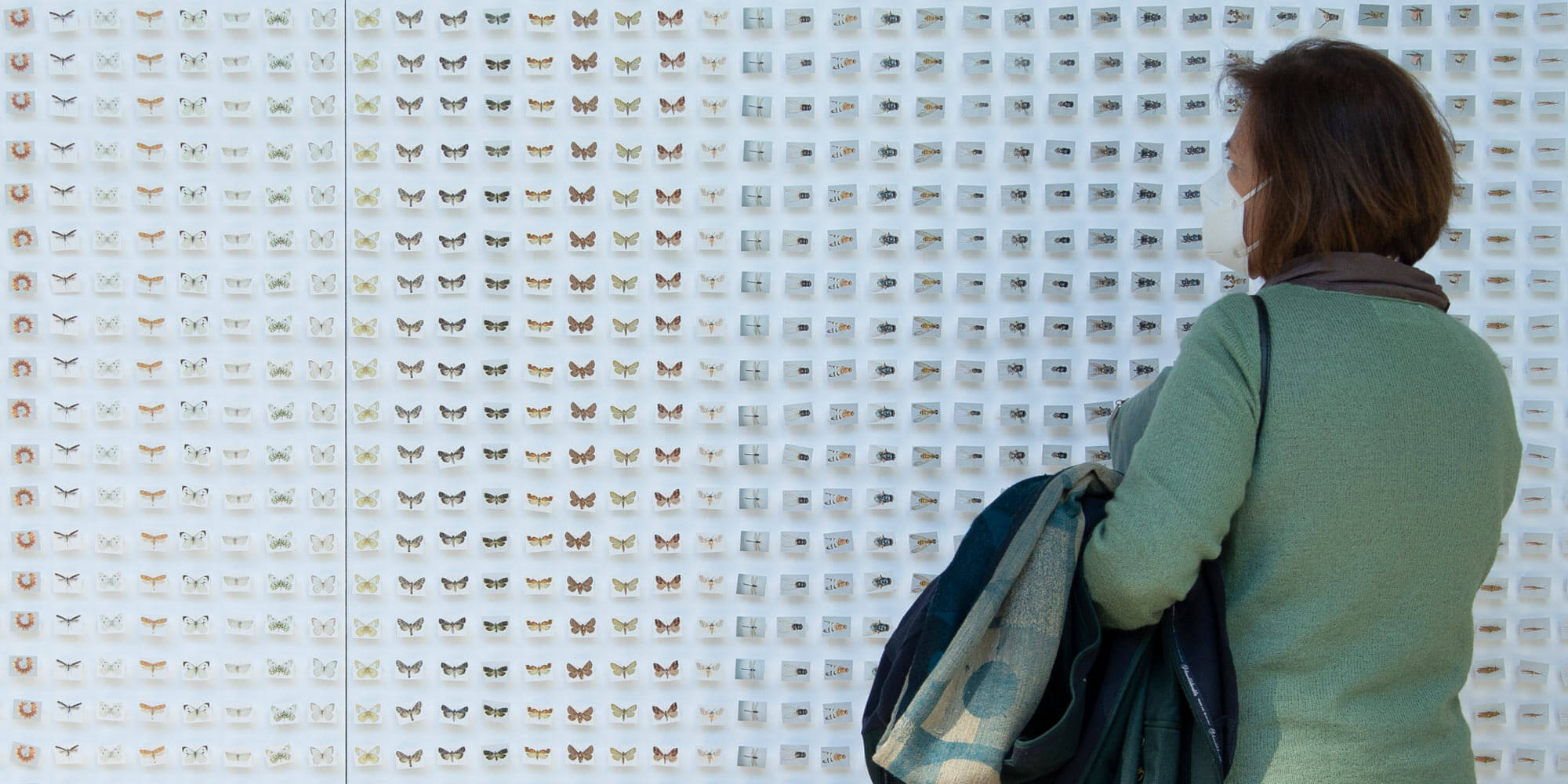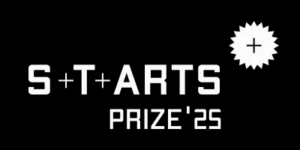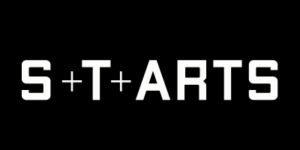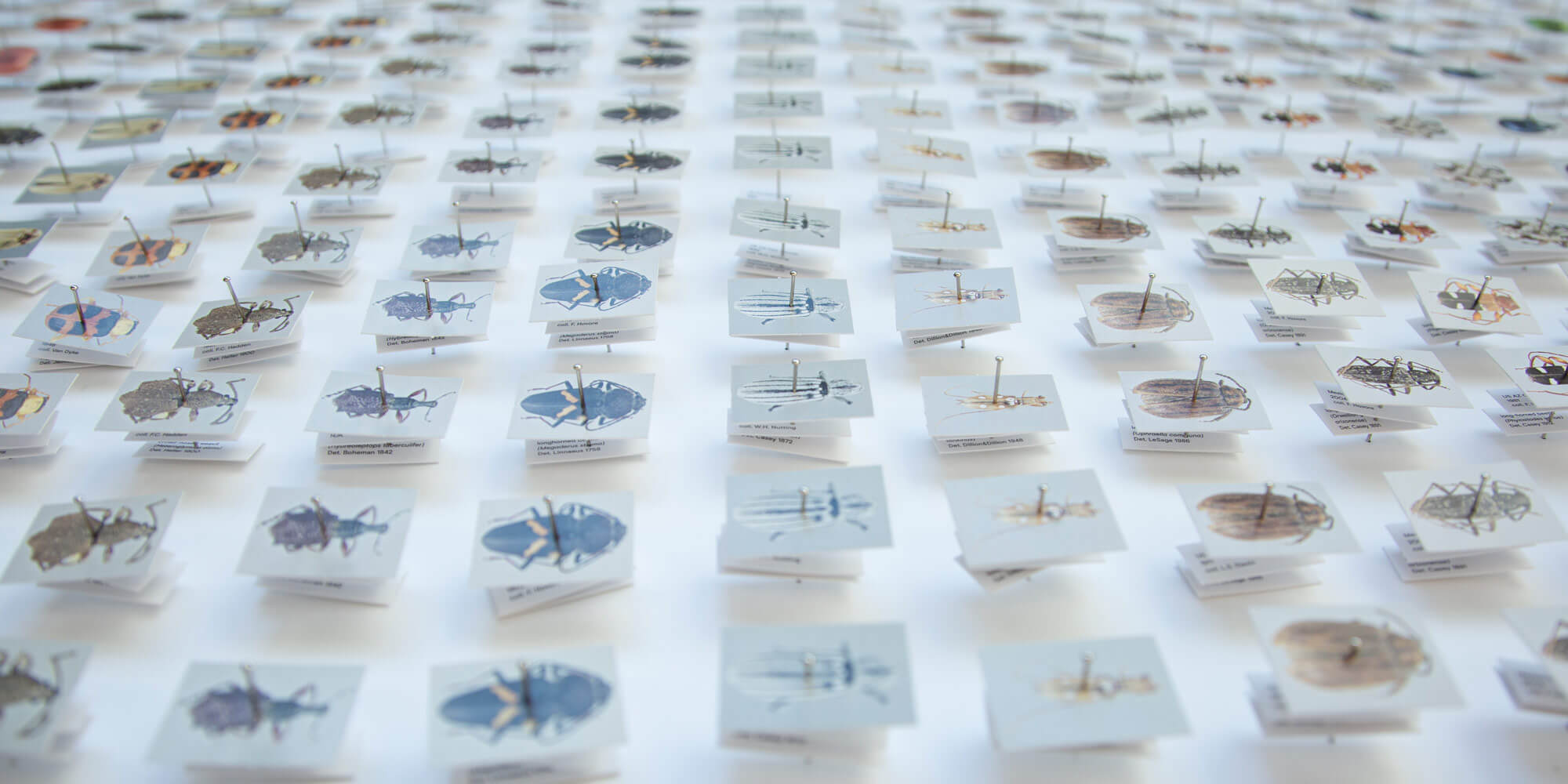Honorary Mention
https://www.janavirgin.com/INANIMATESPECIES
1971 entwickelte eine Gruppe internationaler Ingenieur*innen mit dem „Intel 4004“ den ersten kommerziellen Mikroprozessor überhaupt. Dieses Ereignis markierte einen entscheidenden Moment in der jüngeren Geschichte, war es doch zum ersten Mal möglich, einem unbelebten Objekt etwas wie „Intelligenz“ zu verleihen. Es brach eine neue Ära in der technologischen Entwicklung an, die gleichzeitig einen neuen Technokapitalismus einleitete. Was folgte, war ein nicht enden wollender Prozess der Perfektionierung und Leistungssteigerung dieser neuen „künstlichen Intelligenz“ – und ein gleichzeitiges Massenaussterben der Tiere auf der Erde, das sich immer weiter beschleunigte. Laut einer 2014 vom WWF veröffentlichten Studie hat die Menschheit seit 1970 50 Prozent aller Arten ausgerottet. Es scheint, dass es einen Zusammenhang zwischen der Allgegenwart von Mikroprozessoren, der Zunahme ihrer Rechenleistung und der Beschleunigung des Aussterbens von Arten gibt. Um dies zu verdeutlichen, stellt das Projekt eine Verbindung zwischen dem exponentiellen Wachstum der Mikroprozessoren und dem Rückgang der Anzahl und Vielfalt der Arten her – insbesondere der Insekten, die einen wesentlichen Teil unserer ökologischen Infrastruktur bilden und deren Rückgang alarmierend ist. Letztlich zielt „Inanimate Species“ darauf ab, die Verbindungen zwischen der rasanten Entwicklung des Technokapitalismus, der Beschleunigung des Klimawandels und dem daraus resultierenden Niedergang der wichtigsten Ökosysteme aufzuzeigen.

Credits
Author: Joana Moll
Supporting texts by: Evgeny Morozov, Selena Savić
Research assistant: Marta Millet
Production: Todojunto
Production assistant: Oznan Güngör
Documentation: Ona Bros
Online documentation: Ramin Soleymani
With support from Fundación BBVA
Biography
Joana Moll (ES) is a Barcelona/Berlin based artist and researcher. Her work critically explores the way techno-capitalist narratives affect the alphabetization of machines, humans, and ecosystems. Her main research topics include Internet materiality, surveillance, social profiling, and interfaces. She has presented her work in renowned institutions, museums, universities, and festivals around the world. She is the co-founder of the Critical Interface Politics Research Group at HANGAR [Barcelona] and co-founder of The Institute for the Advancement of Popular Automatisms. She is currently a visiting lecturer at Universität Potsdam and Escola Elisava in Barcelona; an artistic researcher in residence at HGK FHNW in Basel, a research fellow at BBVA Foundation, and a fellow at The Weizenbaum Institute in Berlin.
Jury Statement
Scientists warned as early as 2019 that one million species, out of an estimated eight million, are in danger of extinction, many of which could become extinct within decades, according to a UN report. Some researchers even consider that we are in the midst of the sixth mass extinction process in the history of the planet. These previously known mass extinctions wiped out between 60 and 95 percent of all species, and ecosystems take millions of years to recover. The project presented by the artist and researcher Joana Moll establishes a link between the exponential growth of microprocessors and the decrease in both the number and diversity of species, particularly insects, which form an essential part of our ecological infrastructure. Inanimate Species seeks to highlight the subtle but continuous replacement of the natural order by technological advance, and reflects not only on the cannibalization of ecologies but also on the problem of visually representing climate change. Inanimate Species aligns with European values and commitments, such as taking urgent action to combat climate change and its impacts, preserving and promoting the sustainable use of terrestrial ecosystems, and ensuring responsible, inclusive, and sustainable innovation and industrialization.



